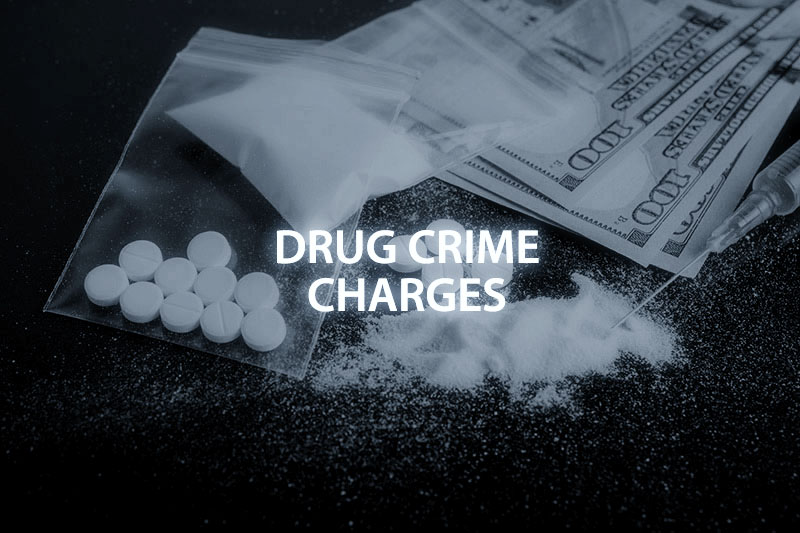In the labyrinthine process of criminal litigation, the credibility of witnesses can either seal a conviction or unravel the prosecution’s case. This is especially true when the witness in question is an informant—often an insider involved in criminal activities themselves, offering testimony in exchange for leniency or other benefits. The reliability of such witnesses is a contentious issue, with significant implications for justice and fairness. This blog post delves into the complexities of evaluating informant credibility, illustrating how inconsistencies or doubts regarding their testimony can dramatically weaken the prosecution’s case.
The Role and Risks of Using Informants
Informants play a crucial role in criminal investigations, particularly in scenarios involving organized crime or drug trafficking, where direct evidence is hard to come by. However, their accounts come with inherent risks. The motivations behind an informant’s decision to testify—whether compelled by a desire for a reduced sentence, financial incentives, or personal vendettas—can taint the reliability of their testimony. This ambiguity poses a critical challenge: separating the wheat of truth from the chaff of manipulation and deceit.
Analyzing Informant Credibility
The heart of scrutinizing an informant’s credibility lies in a meticulous examination of their motivations, the consistency of their testimony, and their history:
1. Motivations for Testifying:
Understanding why an informant has chosen to testify is pivotal. Defense attorneys often highlight the informant’s motivations during cross-examination, revealing any potential biases or incentives that might lead them to fabricate or exaggerate their testimony. If an informant stands to gain significantly from providing testimony—be it a lighter sentence or monetary gain—this fact can profoundly impact how a jury perceives their reliability.
2. Consistency and Corroboration:
The coherence of an informant’s narrative and its corroboration by independent evidence is critical. Discrepancies within the informant’s account or between their testimony and objective evidence can significantly undermine their credibility. The defense’s ability to point out these inconsistencies can cast doubt on the informant’s reliability, challenging the prosecution’s reliance on their testimony.
3. The Informant’s History:
An informant’s past, particularly their criminal record and history of providing information, can influence their perceived credibility. A history of dishonesty, unreliability, or mental instability can be leveraged by the defense to question the informant’s trustworthiness. Conversely, if an informant has a track record of providing accurate and reliable information, the prosecution will likely emphasize this to bolster their credibility.
Real-World Example: The Case of Unreliable Testimony
Consider the case where an informant’s testimony was pivotal in securing a conviction, only for it to later emerge that the informant had lied about their involvement and the accused’s role in the crime. The revelation of these lies, coupled with the informant’s motivations for testifying (a reduced sentence for their crimes), led to a successful appeal and the overturning of the conviction. This case underscores the precarious reliance on informant testimony and the necessity of rigorous scrutiny to ensure justice is served.
Strategies for Challenging Informant Testimony
Defense attorneys employ several strategies to challenge the credibility of informants, including:
- Detailed cross-examination to reveal inconsistencies or motives for lying.
- Presenting evidence that contradicts the informant’s account.
- Highlighting the informant’s criminal history and previous dishonesty, if applicable.
- Questioning the lack of corroboration for the informant’s testimony.
Contact Attorney Caryn Warren for Help!
The use of informants is a double-edged sword, offering the potential for crucial insights into criminal activities but fraught with risks to the integrity of the legal process. The scrutiny of witness credibility, particularly that of informants, plays a vital role in safeguarding against miscarriages of justice. In the courtroom, where the scales of justice tilt on the weight of evidence and testimony, the credibility of witnesses can be the linchpin of either conviction or acquittal. As such, understanding, analyzing, and questioning the reliability of informants are paramount in ensuring that justice, in its truest sense, is served.
Personal Injury & Criminal Defense Services Available Throughout
Greater Sacramento, Yolo, Placer, and Solano Counties
Antelope, Arden-Arcade, Auburn, Benicia, Carmichael, Citrus Heights, Davis, Dixon, Elk Grove, Fairfield, Fair Oaks, Folsom, Galt, Gold River, Granite Bay, Iselton, Lincoln, Loomis, North Highlands, Orangevale, Rancho Cordova, Rio Linda, Rio Vista, Roseville, Rocklin, Sacramento, Suisun City, Vacaville, Vallejo, West Sacramento, Winters, Woodland

